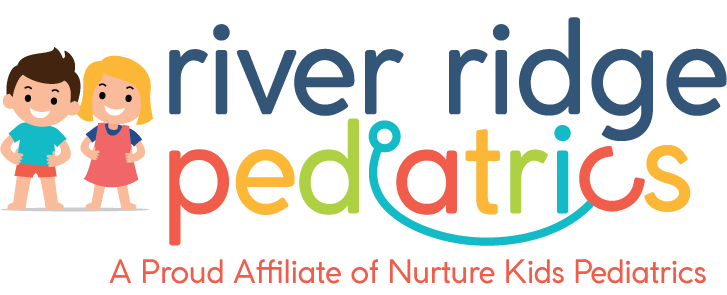Four Vaccination Myths Every Parent Should Know
Four Vaccination Myths Every Parent Should Know
Vaccines prevent diseases and help to lower the rates of diseases in the United States. For example, before the pertussis or Whooping Cough vaccine was developed, there were 150,000 to 260,000 cases each each year which resulted in 9,000 deaths.
A recent study surveyed eight countries where the pertussis vaccine was reduced. As a result, the prevalence of the disease was 10-100 times greater than countries who didn’t fail to vaccinate. If we choose not to vaccinate children in the United States, we will see an increase in preventable diseases such as measles, mumps, meningitis and more.
Vaccines also lessen the prevalence of diseases; making children who are too young, sick or don’t respond to vaccines less likely to become infected. Vaccines are safe for children, with minor side effects.
Common Vaccination Myths

A Doctor examines and massaging baby tummy
Measles, Mumps and Rubella can Cause Autism: MMR is given to a child at 12-15 months of age and the first signs of autism begin to become apparent at 15-18 months of age; leading some to believe there may be a correlation. Experts at the Center for Disease Control and American Academy of Pediatrics agree there is no link to the MMR vaccine and autism. I recently wrote an article explaining the rise in measles because of erroneous information.
Multiple Shots Overwhelm the Immune System: There are now vaccines to protect children from 14 diseases by the time they reach two years of age. Multiple vaccinations won’t overwhelm your baby’s’ immune system because their bodies are designed to fight off thousands of germs, or antigens that they come in contact with everyday. Children typically fight off 2,000 to 6,000 antigens a day; thousands more than the 150 antigens found in the current vaccination schedule.
Vaccines Aren’t Effective: Most vaccines are 85 to 95 percent effective. It is true that some individuals won’t develop immunity to a vaccine but for the majority of people vaccines prevent diseases. Even the most common diseases, such as the flu, can be fatal if not treated. Vaccinations can prevent the occurrence of common childhood diseases to keep your child illness-free. Click here to read about my Top 10 Flu Myths.
Vaccines May Cause Harmful Side Effects: Most side effects caused by vaccines, such as a sore arm or fever are temporary and mild. To help reduce soreness, place a warm compress on the injection site. A pain reliever such as acetaminophen after three months and ibuprofen after six months can help with a mild fever.
After your child is vaccinated, look for unusual conditions such as high fever, behavior changes, difficulty breathing, hoarseness or wheezing, hives, dizziness, increased heartbeat and swelling of the throat. If your child experiences these symptoms, call your doctor immediately.
For more information about common myths visit the Centers for Disease Control’s web site.
Minimizing the Pain of Vaccinations
Vaccinations are necessary to keep your baby healthy but we know they can be painful. By switching the order of routine vaccinations, the pain can be minimized. According to a new study, babies who received the pneumococcal conjugate vaccine (PCV) after the combination vaccine for diphtheria, polio, tetanus, pertussis, and Haemophilus influenzae type b (DPTaP-Hib vaccine) appeared to be in less pain than babies who received the PCV vaccine first.
Researchers measured pain based on facial expressions, body language, crying and parent input. Researchers concluded that when two vaccines are given the least painful should be given first. By giving the most painful vaccine first, the pain processing centers become activated which intensifies further pain.
For a complete vaccination schedule visit the American Academy of Pediatrics web site.
Receive the most up-to date tips and information by signing up for our Happy, Healthy Baby Tips e-newsletter.
Free Prenatal Classes:Let us address all your concerns and questions with our free prenatal classes. We cover information such as over-the-counter medications, breastfeeding, feeding schedules and more. Classes are held on the third Thursday of every month at 6 p.m. Can’t make it to one of our classes? We also offer free private appointments to learn more about our pediatric clinic and doctors. Call at (512) 733-5437 for more information.

 Previous Post
Previous Post Next Post
Next Post



